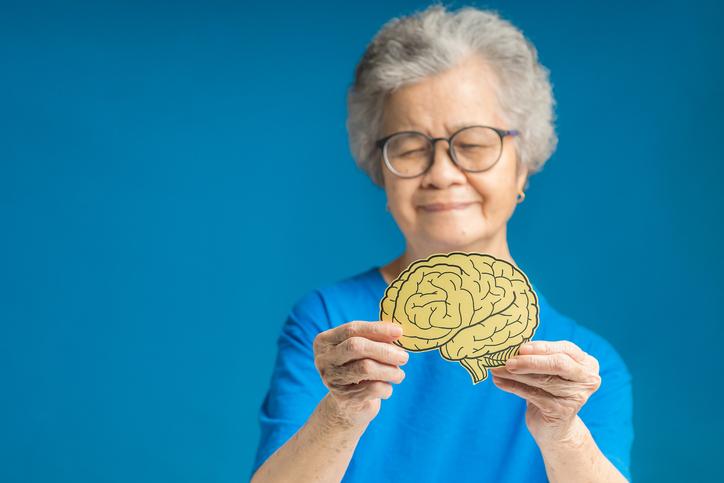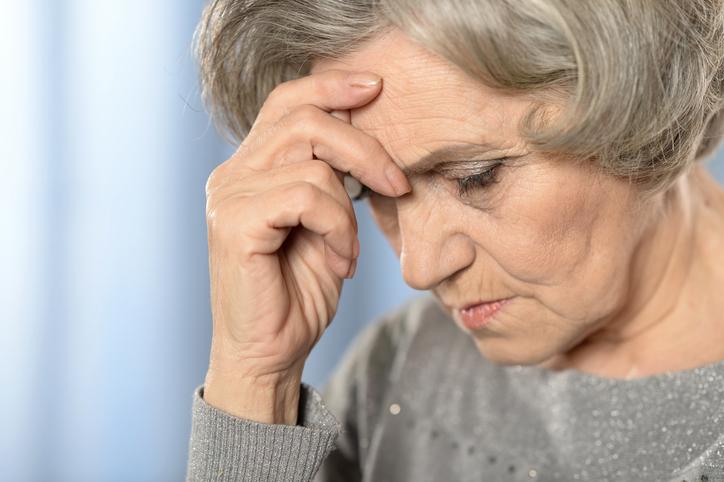24 марта 2021
Hormones Under Stress


24 марта 2021
Hormones Under Stress
For many people, especially those living in big cities, stress has practically become a lifestyle. We are constantly tense, concentrated, do not have time for anything, and are always ready to jump to action. We don’t even think about how this affects health and why stress is usually to blame for a variety of diseases.
In extreme situations, our bodies experience an increase in the level of catecholamine hormones: adrenaline, norepinephrine, and dopamine. In emergencies, this helps clear the mind and solve the problem. But if hormone levels are constantly high, this is a serious cause for alarm.
## What are catecholamines responsible for?
__Adrenaline__ (stress hormone).
*Function:* Freezes the body's resources, helps to act in extreme situations and makes important decisions quickly.
*Symptoms:* Blood pressure rises sharply, blood flow increases, heart rate increases, glucose levels rise, breathing quickens, hands begin to tremble, the mouth begins to dry, and sweating occurs. The face turns pale and endurance increases.
High adrenaline levels over time cause muscle fatigue, panic attacks, depression, and apathy due to prolonged, intense brain activity.
__Norepinephrine__ (hormone of courage and aggression).
*Function:* Increases rage, anger, courage, and desire to get rid of the enemy.
*Symptoms:* Stronger than adrenaline, it increases blood pressure, intensely narrows blood vessels, and affects the rate of blood circulation. The face turns red.
Long-term high levels of norepinephrine can disrupt the brain and worsen vision.
__Dopamine__ (the hormone of happiness).
*Function:* Gives pleasure and a sense of satisfaction. It affects sleep, libido, mental activity, and pleasure in eating.
*Symptoms:* Has a vasoconstrictor effect, provokes an increase in glucose levels, and inhibits its use.
High levels of dopamine provokes hypersexuality, nervousness, anxiety, insomnia, mania, and hallucinations.
## Alarming symptoms
If you experience panic attacks, a sudden weight change, or suffer from migraines or insomnia, you need to consult an endocrinologist and undergo diagnostics. All of these symptoms indicate an elevated level of catecholamines.
Your doctor will prescribe a blood or urine test for you and, based on that, will work on treatment and most likely will advise you to adjust your lifestyle. The diagnosis is made only on the basis of all three indicators, and possibly additional examinations.
Usual adults’ indicators in a resting mode:
- Epinephrine: up to 110 pg/ml
- Norepinephrine: 70 to 750 pg/ml
- Dopamine: up to 87 pg/ml
## How to maintain normal hormone levels
__Take vitamins:__ To constantly maintain normal hormone levels and minimize the negative effects of stressful situations, it is necessary to take vitamins and minerals tablets.
__B vitamins__ normalize the functioning of the nervous, cardiovascular and central nervous system. It strengthens the immune system and maintains the psycho-emotional health of the body.
__Magnesium__ promotes the synthesis of glycine, serotonin, and dopamine as well as provides antioxidant protection of neurons. Has a relaxing effect on the central nervous system, relieves emotional stress, and normalizes sleep.
__Zinc__, in combination with vitamins A and C, stimulates the protective properties of the immune system. Reduces vulnerability to emotional stress.
__Vitamin D__ is directly related to the level of serotonin in the body. Lack of vitamin D triggers depression, irritability, and anxiety. Vitamin D is involved in the synthesis of female hormones, primarily estrogen.
__Vitamin C__ supports the production of serotonin (the hormone of happiness) and regulation of the level of cortisol (the stress hormone). Vitamin C affects cognitive processes in the body, improving attention and memory.
__Glycine__ reduces psycho-emotional stress, activates protective inhibition in the central nervous system, increases efficiency, and improves memory and brain function.
__Exercise regularly:__ Exercise gives you adrenaline. Your body will adapt to regular training. As a rule of thumb, people who exercise regularly are calmer and more balanced.
__Deep breathing:__ If you feel an adrenaline rush, take a deep, slow breath.
__Progressive muscle relaxation:__ Lie down, relax, and alternately tense your muscles, holding them in tension for 5 seconds. Start at the feet and work towards the head.
__Analyze the situation:__ Consider the worst-case scenario. Most likely it is nothing to be afraid of, and you will simply forget about it after a while.
High levels of stress are bad for your health, so you should be aware of the processes taking place in the body and try to think properly. You must control your emotions. Use relaxing techniques, and visit your doctor if needed to discuss the possibility of medication.













